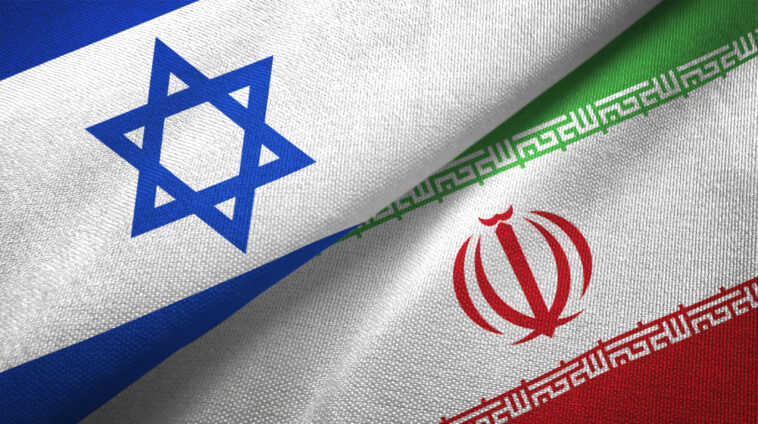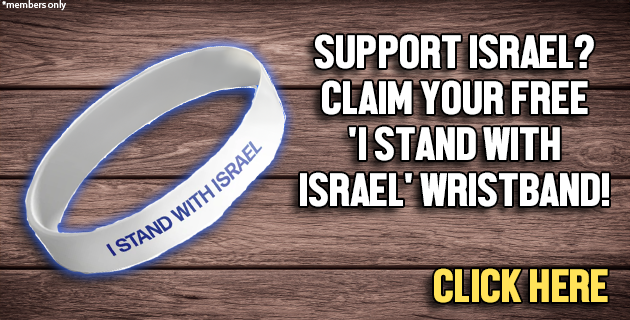Amid escalating hostilities between Israel and Iran, influential figures on the world stage, including U.S. President Donald Trump, are taking a firmer posture against the Islamic Republic. In contemplating a strike on Iranian nuclear locations, President Trump has warned Iran’s Supreme Leader, boasting of knowledge about his whereabouts and branding him as ‘an easily reachable target’. Trump has also called for Iran’s ‘unquestioning capitulation’. Echoing these sentiments, nations such as Germany, Canada, UK, and Australia have hardened their stance, expecting Iran to lay off its nuclear ambitions completely. This raises pertinent questions: is Iran left to face its adversaries on its own, or are there allies who may step in? Is Iran’s ‘resistance axis’ really a thing of the past?
Historically, Iran has depended on a myriad of associated paramilitary factions across the Middle East as key components of its strategic deterrence. This tactic has, for the most part, effectively defended it from full-scale military assaults by the likes of the U.S. or Israel, notwithstanding persistent threats and external pressures. Iran’s purported ‘resistance axis’ envelops organizations like Lebanon’s Hezbollah, Iraq’s Popular Mobilisation Forces (PMF), Yemen’s Houthi militants, along with Gaza’s Hamas, all to different extents under Iran’s sway.
Furthermore, Iran previously gave support to Bashar al-Assad’s administration in Syria before it was overthrown not long ago. These groups performed dual roles, serving as both a buffer in the region and a vehicle for Iran to exert its influence without requiring immediate involvement. Nonetheless, Israel, in the last couple of years, has managed to deal a heavy blow to this interconnected network.
Hezbollah, which once stood as Iran’s most formidable non-governmental ally, has effectively been incapacitated following a series of Israeli strikes. The group’s arsenal was deliberately attacked and demolished across Lebanon, dealing a severe psychological and strategic blow when their leading figure, Hassan Nasrallah was eliminated.
In Syria, militia forces financed by Iran have been removed in large numbers in the aftermath of the Assad regime’s downfall, marking the removal of another significant support in the region for Tehran. However, Iran still retains substantial influence in Iraq and Yemen.
In Iraq, the PMF boasts an estimated 200,000 active personnel and continue to pose a potent threat. Equally formidable are the Houthis with a comparable contingent of fighters in Yemen. In the event of an escalation transforming into a threat to Iran’s very existence, the only recognized Shiite-led nation in the region, these groups, driven by religious solidarity, could step in, leading to a rapid widening of the conflict.
For instance, the PMF could initiate assaults against the 2,500 American soldiers stationed in Iraq. Similarly, Iran has the potential to strike US bases stationed in Persian Gulf nations using ballistic missiles. It could also impose a blockade on the Strait of Hormuz, a vital passageway through which a fifth of the global supply of oil passes.
Several regional powers maintain a robust relationship with Iran, the most significant being Pakistan, the only Islamic nation with nuclear capabilities. For the past few weeks, Iranian Supreme Leader Ali Khamenei has been reaching out to Pakistan to build a united front against Israeli activities in Gaza. Clarifying its stance, Pakistan’s Prime Minister Shehbaz Sharif has pledged unwavering solidarity to Iran in face of ‘undeserved hostilities from Israel’. While these assertions demonstrate staunch support, it stops short of a commitment to military intervention.
Nevertheless, Pakistan has been actively seeking to defuse the brewing tensions. It has appealed to fellow Muslim-majority nations, alongside its strategic ally China, for diplomatic intervention in a bid to prevent the flare-up from morphing into a much wider regional conflict.
In recent times, Iran has been extending diplomatic feelers towards erstwhile regional competitors such as Saudi Arabia and Egypt with the intention of mending relations. These overtures seem to have gathered momentum in rallying wider regional support for Iran. Close to two dozen Muslim-majority countries, some of whom have ongoing diplomatic links with Israel, have jointly rebuked the Israeli actions and have called for a calming of tensions.
However, dominant regional powers such as Saudi Arabia, Egypt, the UAE, and Turkey are unlikely to extend material support to Iran due to their forged alliances with the U.S. Notably, Iran’s prominent global allies, Russia and China, have also criticized Israel’s strikes.
In the past, these powers have protected Tehran against punishments from the UN Security Council. Yet, as of now, neither of these global powers has shown readiness to heat up the confrontation by offering military backing to Iran or by stepping into a face-off with Israel and the U.S.
Hypothetically, this may change if the conflict intensifies, and the U.S. openly veers toward initiating a radical change in power in Tehran. Both countries have significant geopolitical and safety interests in maintaining the stability of Iran due to its long-standing ‘Look East’ policy and the potential impacts that instability in the region could have on the global economy.
Nevertheless, many experts feel that neither is likely to intervene directly as of now. Moscow refrained from stepping in when the Assad regime fell in Syria and is currently more focused on the conflict in Ukraine. Also, Moscow would be hesitant to jeopardize the nascent improvements in its relationship with the Trump administration.
China, while extending strong verbal support to Iran, has historically shown minimal interest in direct involvement in the conflicts of the Middle East.




